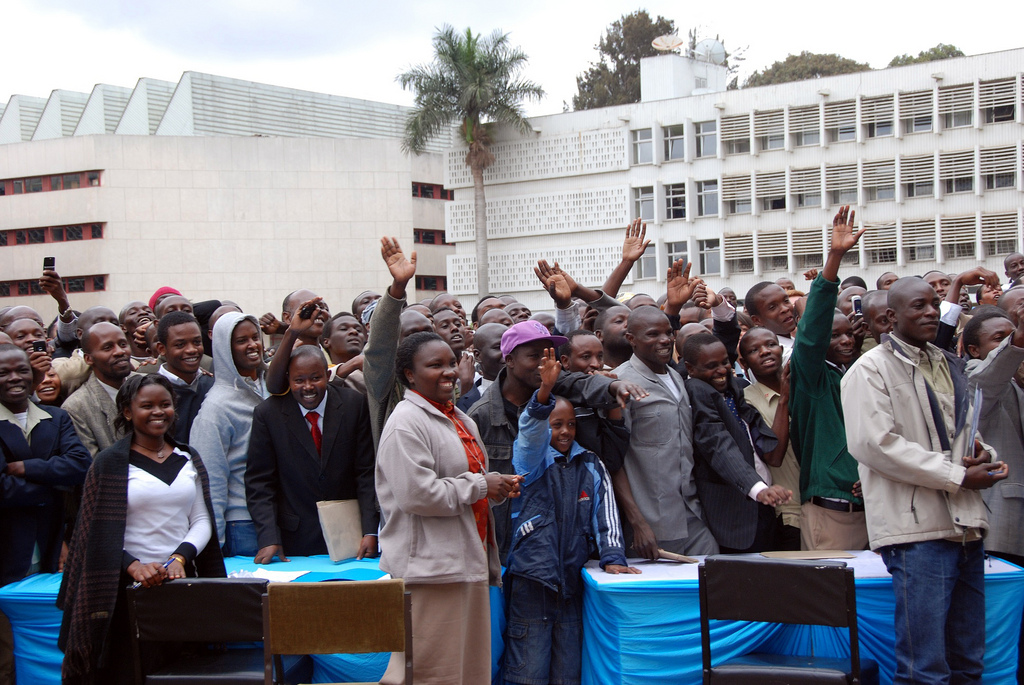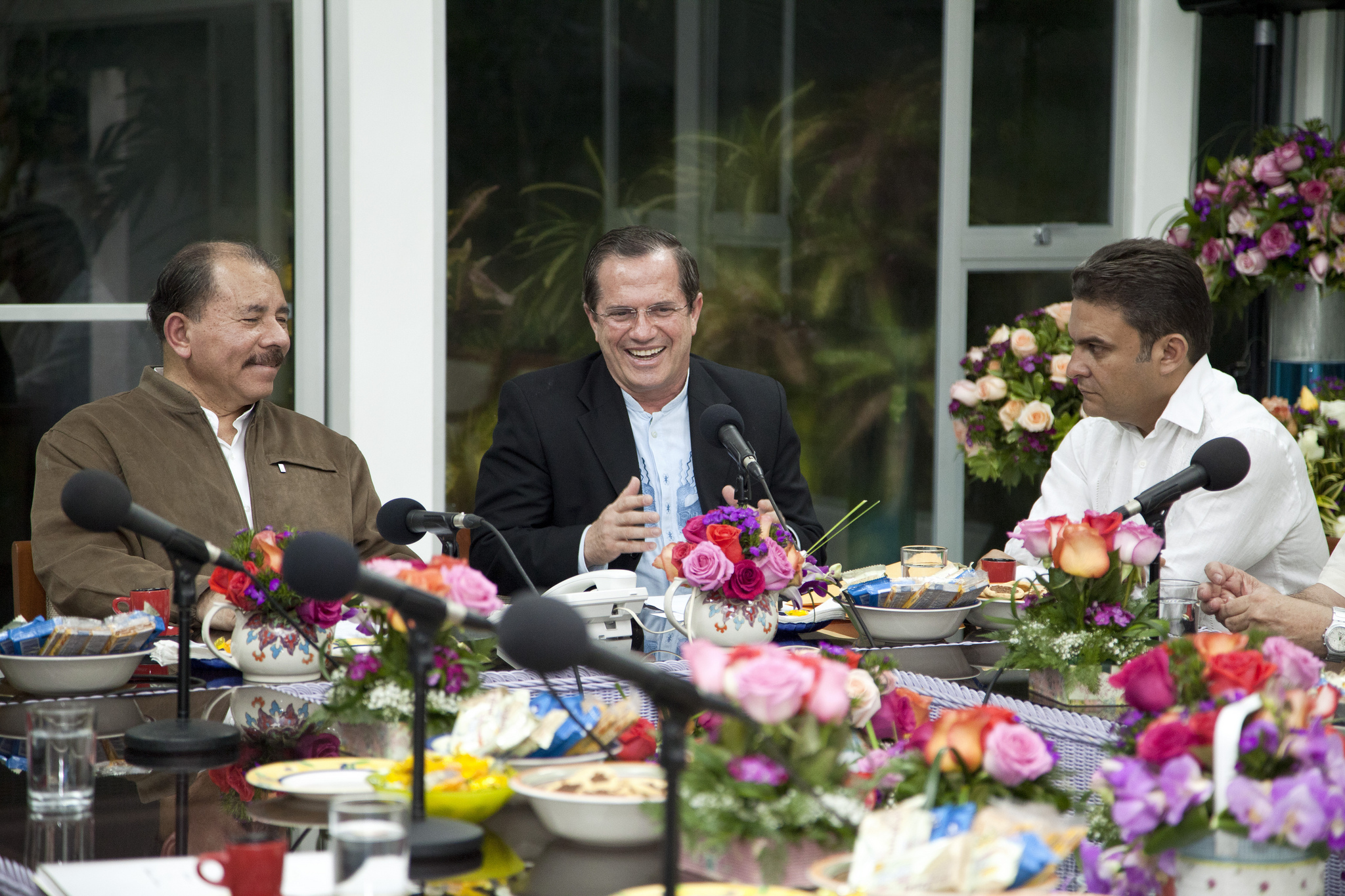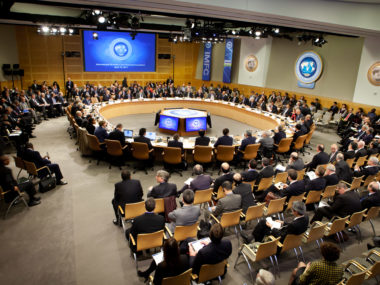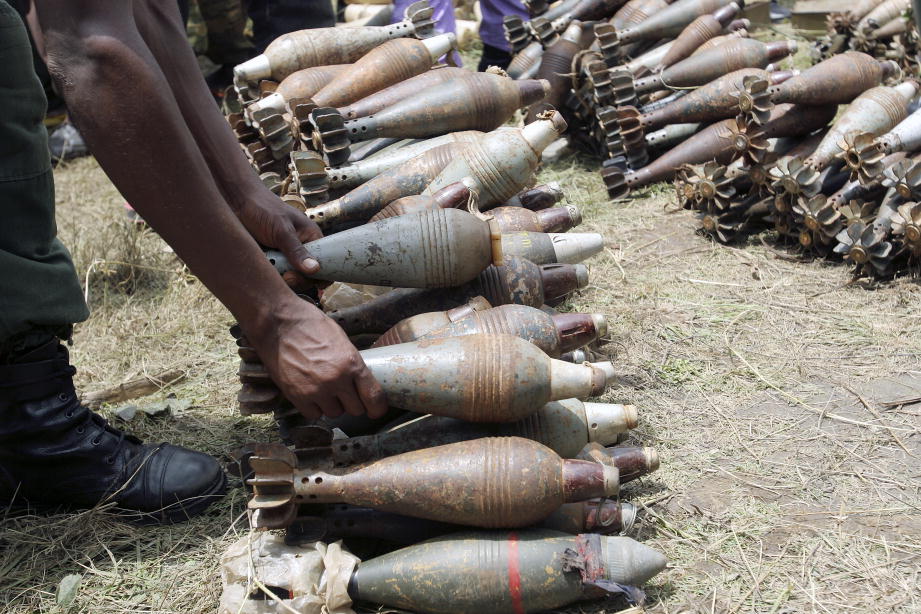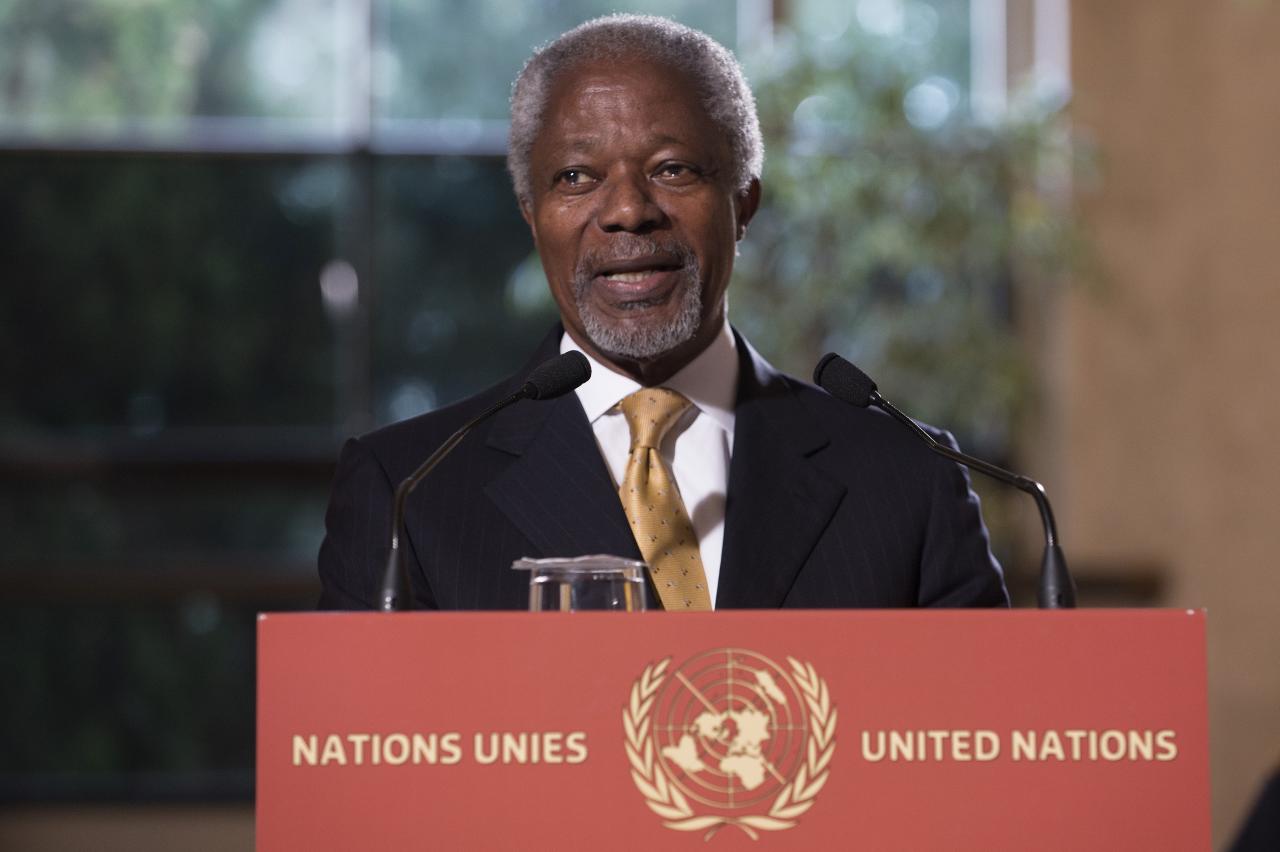Last week we asked why Kenya’s recent general election was peaceful, in contrast to the post-election violence that followed the country’s divisive December 2007 vote. At first glance this peaceful nature is puzzling: the election was close, like in 2007, and observers were concerned that violence would once again ensue. So why did little violence occur? Commenter hearabout suggests that in the years following the traumatic 2007-8 unrest Kenyans have worked to prevent tribal and political violence, and election media coverage has been comparatively milder. “Further,” hearabout writes, “the main actors of the 2008 violence, Kenyatta and Ruto and such, have also demonstrated restraint and called for peace.”
You May Also Like
Déjà vu in Central Africa
- August 9, 2012
By David E. Cunningham For the last several weeks, M23, a new rebel group made up of former soldiers…
Friday Puzzler: Why No Violence In Kenya?
- March 15, 2013
By Barbara F. Walter Last week a couple of my colleagues left with some trepidation for Kenya to monitor…
Repression, Regime Consolidation, and Latin America’s Authoritarian (Re)Turn
- September 25, 2018
By Kai Thaler for Denver Dialogues. This week, Nicaraguan President Daniel Ortega is planning to attend the United…
Can Debt Relief Constrain Repressive Governments?
- October 25, 2022
Guest post by Brett L. Carter The African continent is confronting the prospect of a new debt crisis.…
Burundi and the Challenges of Evaluating Peace-building Success
- May 22, 2015
Guest post by David E. Cunningham Recent events in Burundi, where President Pierre Nkurunziza’s decision to seek a…
Reflecting on Kofi Annan: Can We Love What We are Without Hating What We are Not?
- August 27, 2018
Guest post by Akbar Ahmed and Brian Forst. Kofi Annan will long be remembered for his celebrated, if…

